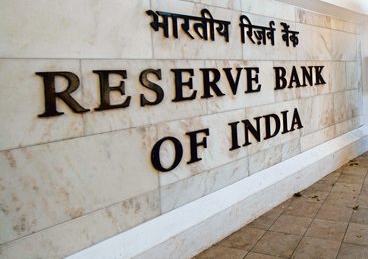As expected, there was a split in the rate hike decision with four members voting for and two against…reports Asian Lite News
The Reserve Bank of India’s (RBI) Monetary Policy Committee (MPC) on Wednesday hiked the repo rate by 25 basis points to 6.50 per cent.
Wednesday’s MPC meeting is the last one for this fiscal.
The repo rate is the rate at which the RBI lends to the banks.
Announcing the hike, RBI Governor Shaktikanta Das said the MPC decided to hike the policy rate by 25 bps to 6.5 per cent. The MPC also decided to remain focused on withdrawal of accommodation to ensure that inflation remains within the target going forward, while supporting growth.
As expected, there was a split in the rate hike decision with four members voting for and two against.
Dr. Shashanka Bhide, Dr. Rajiv Ranjan, Dr. Michael Debabrata Patra and Das voted in favour of rate hike while Dr. Ashima Goyal and Prof. Jayanth R. Varma voted against.
Similarly, Bhide, Ranjan, Patra and Das voted to remain focused on withdrawal of accommodation to ensure that inflation remains within the target going forward, while Goyal and Varma voted against this part of the resolution.
Das said the 25 bps hike was considered correct at this juncture. It also provides an elbow room to look at the incoming data.
According to Das, after the repo rate hike the standing deposit facility (SDF) rate stands adjusted to 6.25 per cent, and the marginal standing facility (MSF) rate and the Bank Rate to 6.75 per cent.
He said the MPC also decided to keep a vigil on the inflation rate and it remains within the band.
According to him, the outlook for inflation is mixed.
“While prospects for the rabi crop have improved, especially for wheat and oilseeds, risks from adverse weather events remain. The global commodity price outlook, including crude oil, is subject to uncertainties on demand prospects as well as from risks of supply disruptions due to geopolitical tensions. Commodity prices are expected to face upward pressures with the easing of Covid-related mobility restrictions in some parts of the world,” Das said.
The ongoing pass-through of input costs to output prices, especially in services, could continue to exert pressures on core inflation, he added.
With RBI’s survey point to some softening of input cost and output price pressures in manufacturing and considering an average crude oil price (Indian basket) of US$ 95 per barrel, Das said the inflation for the current fiscal 2022-23 will be at 6.5 per cent and for Q4 at 5.7 per cent.
As regards the CPI inflation for next fiscal, that is, 2023-24, assuming a normal monsoon, it is projected at 5.3 per cent
with Q1 at 5 per cent, Q2 5.4 per cent, Q3 5.4 per cent and Q4 5.6 per cent.
Das said the easing of inflation in the last two months was driven by strong deflation in vegetables, which may dissipate with the summer season uptick.
“Headline inflation excluding vegetables has been rising well above the upper tolerance band and may remain elevated, especially with high core inflation pressures. Inflation, therefore, remains a major risk to the outlook,” he added.
On the growth front, Das said the gross domestic product (GDP) is expected to grow at 6.4 per cent during 2023-24 with Q1 growth rate at 7.8 per cent, Q2-6.2 per cent, Q3 6 per cent and Q4 5.8 per cent and the risks are evenly balanced.
The minutes of the MPC’s meeting will be published on February 22.
The next meeting of the MPC is scheduled during April 3, 5 and 6, 2023.

